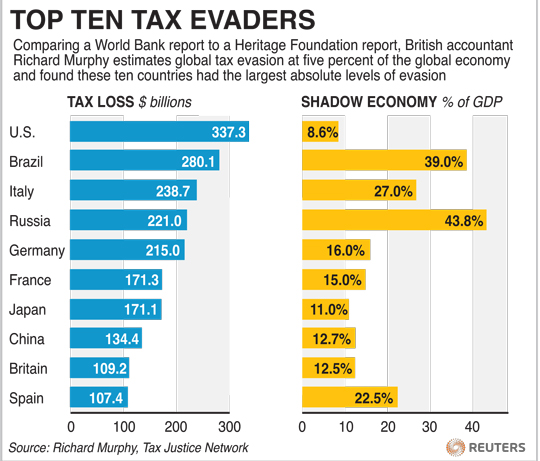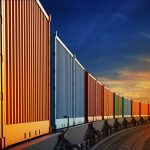

I wrote a blog piece for the Africa Progress Panel website published 03.09.2013 leading to the G20 meetings. It discussed how the G20 could fare with regards to filling the global leadership vacuum in the area of ensuring transparency in tax and trade issues. They did not disappoint. The meetings ended up being one big talk shop. But why? Why could the G20 not bring the much needed corrective measures to the global economic system in the area of tax integrity? One of the answers is regulatory capture. I wrote this phenomenon in this article on the fair observer platform.
Regulatory capture is the reason why both the G8 and G20 in 2013 could not take meaningful action against the gross injustice that is currently taking place in the global family where a developing region like Africa gets bled in excess of US$550 billion annually: more than five times what they receive in aid flows annually according to Kevin Watkins, Executive Director of the Overseas Development Institute (ODI). For more on regulatory capture, read THIS. The leakage of US$550 billion annually occurs through a practice that facilitates the shifting of profits to low-tax jurisdictions known as Trade mispricing—one form of tax avoidance. Trade mispricing is simply one of the many leakages in the global economic system that greatly impacts the developing world adversely…and these leakages persist in large part because of the opacity that is tolerated in the current global economic system.
G8 and G20 leaders are aware of this lack of transparency, yet they do nothing significant to combat this by way of strong regulation because they (the regulators) have been captured by those who they are supposed to be regulating (Big business which invariably finances elections etc.). Furthermore members of the G8 and G20 are themselves part of the problem because they host tax havens within their jurisdictions. When the USA and UK host tax havens within their own jurisdictions, how can the globe expect them to speak up or clamp down on the global problem that these havens pose? If some politicians are busy accepting monetary contributions from tax criminals, businesses etc. who engage in tax practices that make the poor poorer, how can we expect these same politicians to regulate these actors?
As shown from the cover graphic, Africa is not the only jurisdiction hurting from tax fraud and avoidance. The EU looses billions of Euros from tax fraud and evasion with much of these illegal sums parked in tax havens.
Since the 2008 global economic downturn, some tax havens have been forced to open up to the EU and the USA but this same largesse has not yet been extended to Africa. Why? As one national parliamentarian from one tax haven told me, you guys (Africans) are not big or united enough to leverage such a move from us whereas the USA and EU are.
Please do not misunderstand me. There are scenarios where a tax haven might be okay or beneficial to an economy but in the absence of strong global regulation, by and large, these havens have been used for more negative than positive it seems by transnational corporations seeking to hide profits from their home countries or from countries within which they operate. An interesting article by the Economist on tax havens can be found here.
The world is in dire need of better global leadership. We cannot progress much longer using the current uneven scales in an opaque and unjust global financial system.






